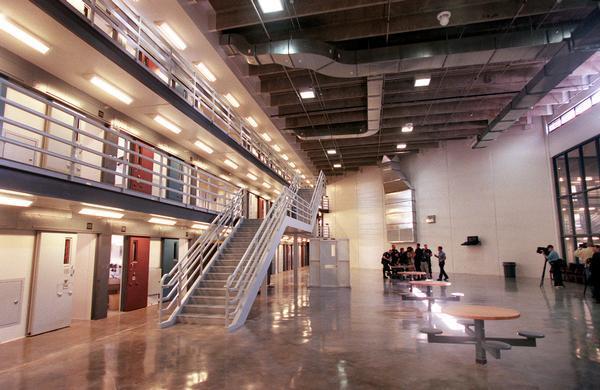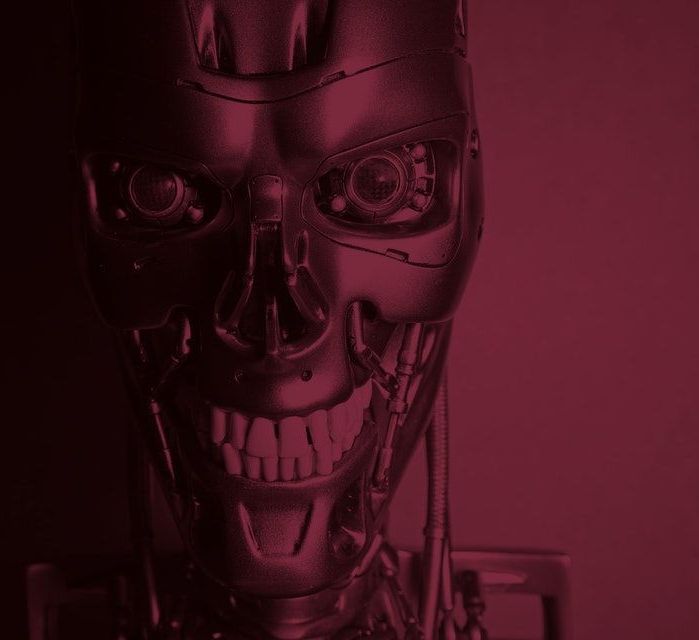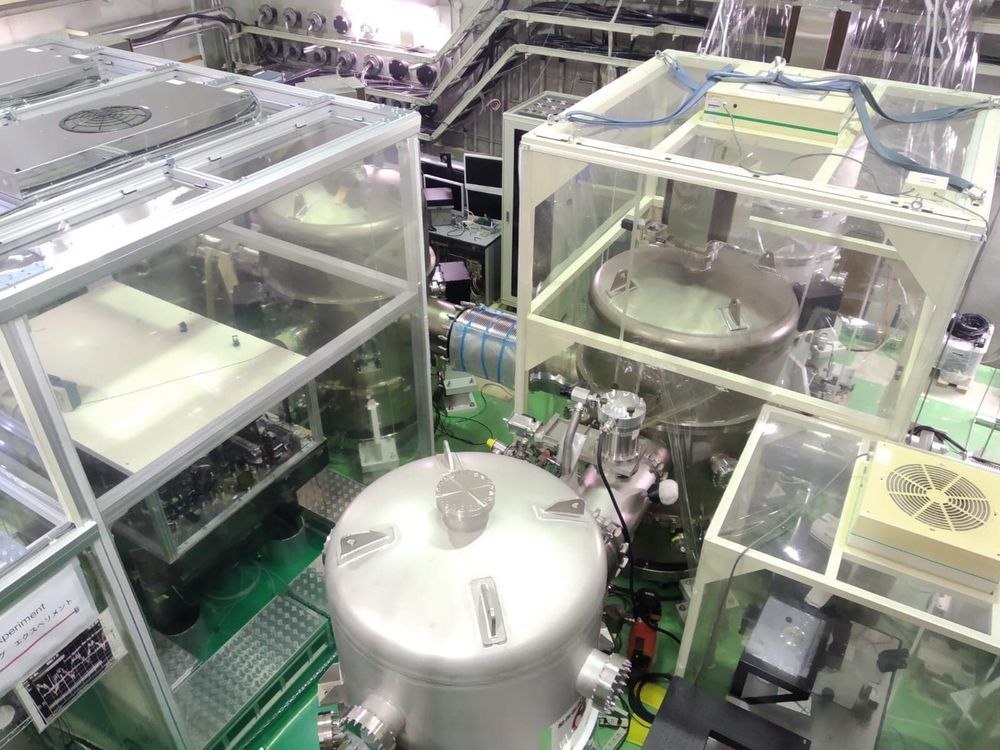A recent analysis from a UK-based firm has determined that Tesla owners love to drive their vehicles, so much so that they actually rack up the most miles per year among specific car brands. This is a notable observation, and one that bodes well for the personal transportation industry as a whole.
Before the ongoing lockdown in the country, the RAC Foundation conducted an analysis of the Ministry of Transportation’s (MOT) data. According to the data presented, British car owners drive just a little bit over 10,000 miles per year on average during the first three years of vehicle ownership. A closer look into the data shows that this average is partly caused by the annual mileage of diesel and gas drivers.
On their own, diesel drivers average 12,496 miles annually during the first three years of ownership. This contrasts significantly with the figures from drivers of gasoline-powered cars, who average just 7,490 miles per year. This discrepancy is not that surprising, partly since diesel is usually much cheaper than gasoline, making them ideal for long trips. What is surprising is the data that came out from EV drivers.





